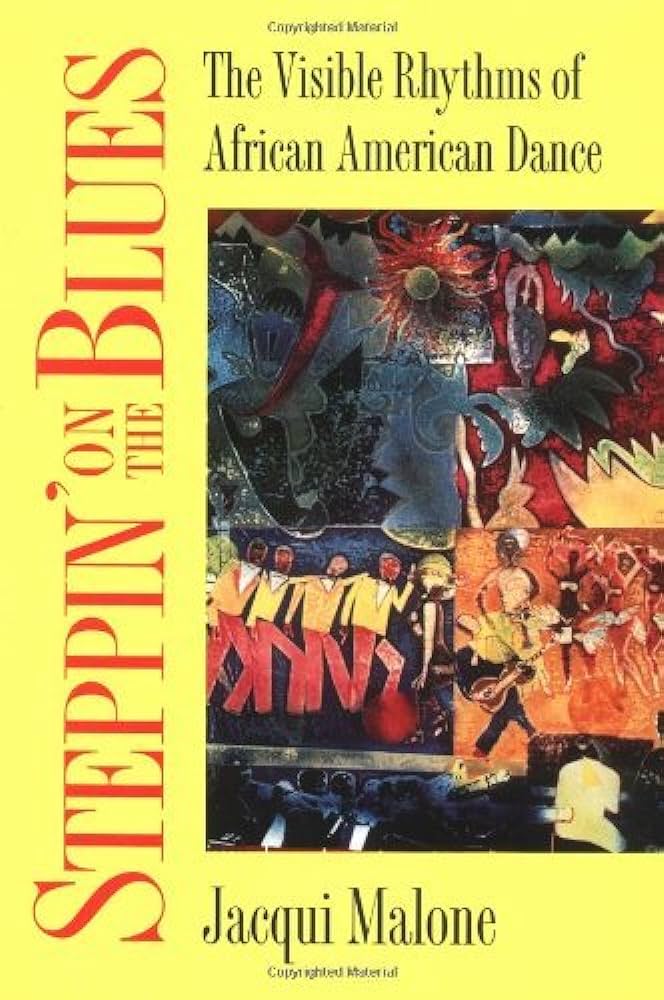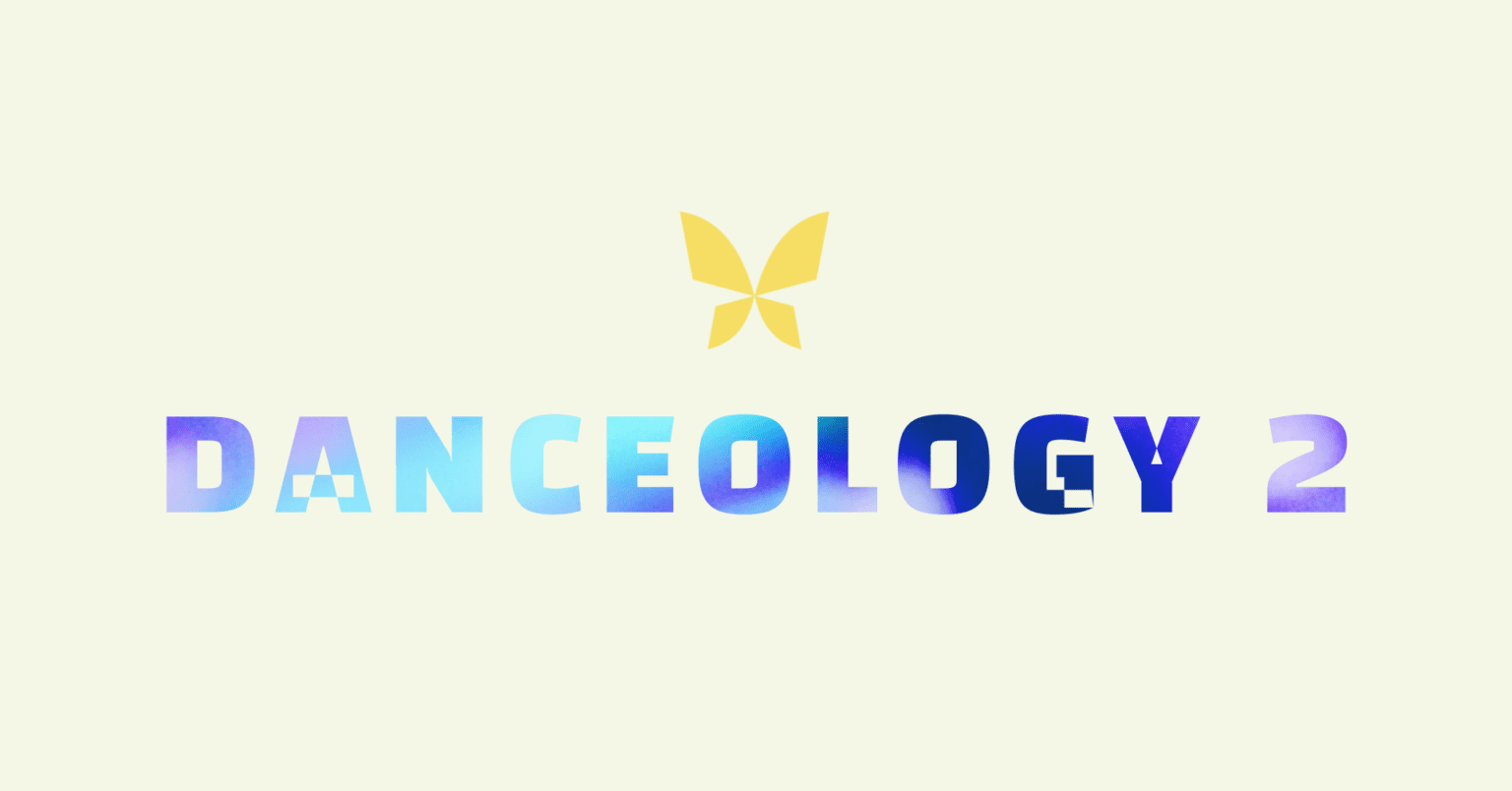OVERVIEW & PURPOSE
This course reinforces Danceology – Part 1 by exploring the connections between various Street Dance forms.
- Explore connections between various street dance forms and how they historically relate, inform, and inspire each other.
- Revisit the transatlantic slave trade to reinforce understanding of the emergence of African-American street dances.
- Creating more awareness around the ritualistic aspect of dances rooted within the extensive African diaspora.
- Understanding the paradox of American street dance culture; “Everything is the same but different.”
- Organizing and categorizing vocabulary and terminology relating to social, street, and club culture in America.
- Highlighting the importance of preserving/passing on cultural/oral traditions through literature, music, songs, poetry, and dance.
When we connect with our roots, with our past, we have something which to grow on rather than getting involved only with what is passing. We have to have some things that sustain us, and then we can go brightly into the future.
Donald McKayle – Choreographer.
In Danceology Part 2, we will explore the connections between various Street Dance forms and how they historically often relate to, inform, and inspire each other. We will go back to go forward better. As enslaved and displaced people, our ancestors have landed on multiple continents, changing how they practiced their traditions and religious/sacred rituals. Most times, their rituals were disguised under the veil of celebrations. Then, to better blend in with the new territories, they had to tame the fire that lit their souls. Before dancers were even allowed to dance on stages, the struggles and obstacles they had to surmount were numerous. We will revisit the richness of our people’s dance and the profoundness of the rituals and cultural traditions they emanate from. It isn’t easy to understand the whole ecology and ecosystem of street dance without digging deep into Africa and the transatlantic slave trade. So, please take your time to read, view, and digest this knowledge.
I highly encourage you to read Steppin’ On The Blues by Jacqui Malone. Honestly, it is hard to read academic works because authors don’t always speak the language of the soul. If the book doesn’t move my heart or the author doesn’t speak my language, it will be tough to relate, accept the teaching, and want to keep reading. Reading a book is like dancing with a stranger; clicking (relating) is essential. That said, this book connects many dots. While reading, I could reflect on my understanding of African-American culture while reigniting the spark for the traditions and folklore belonging to my Haitian heritage by way of West African lineage. Understandably, not all students will be able to relate to the content of this course. But I believe this is why you are here. To deepen your awareness of what feels foreign. To merge with a culture that speaks to your heart and moves your soul.
* Please be aware of scholars’ distortion of specific terms, such as breakdancing. It’s called Breaking or Bboying/BGirling.

Steppin’ on the Blues: The Visible Rhythms of African American Dance (Folklore and Society) by Jacqui Malone (1996-03-01)
This book explores the meaning of dance in African-American life and how music, song, and dance are interrelated in African-American culture. Beyond that, it has finally been one of the most important means of cultural survival.
Let’s go back and review some of the topics studied in Musicology Part 1 through the eyes of artists who’ve lived it.
THE COTTON CLUB
Tools:
- Good headphones, earphones, or AirPods
- Journal for note-taking
- Good speakers if using a sound system.
- Anything to record/film your progress.
Online Resources Needed:
- Whosampled.com
- Any music platform (I use Spotify)
- Youtube.com
- Archive.org
- PBS.org

